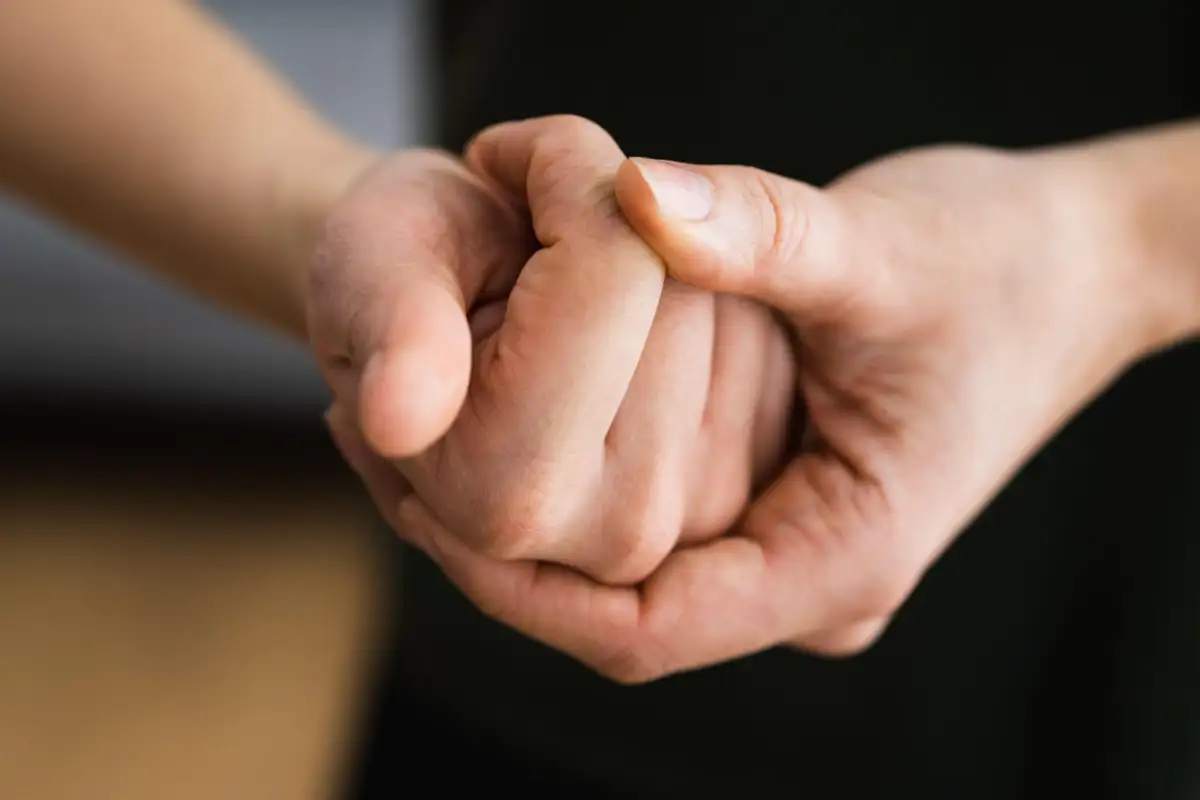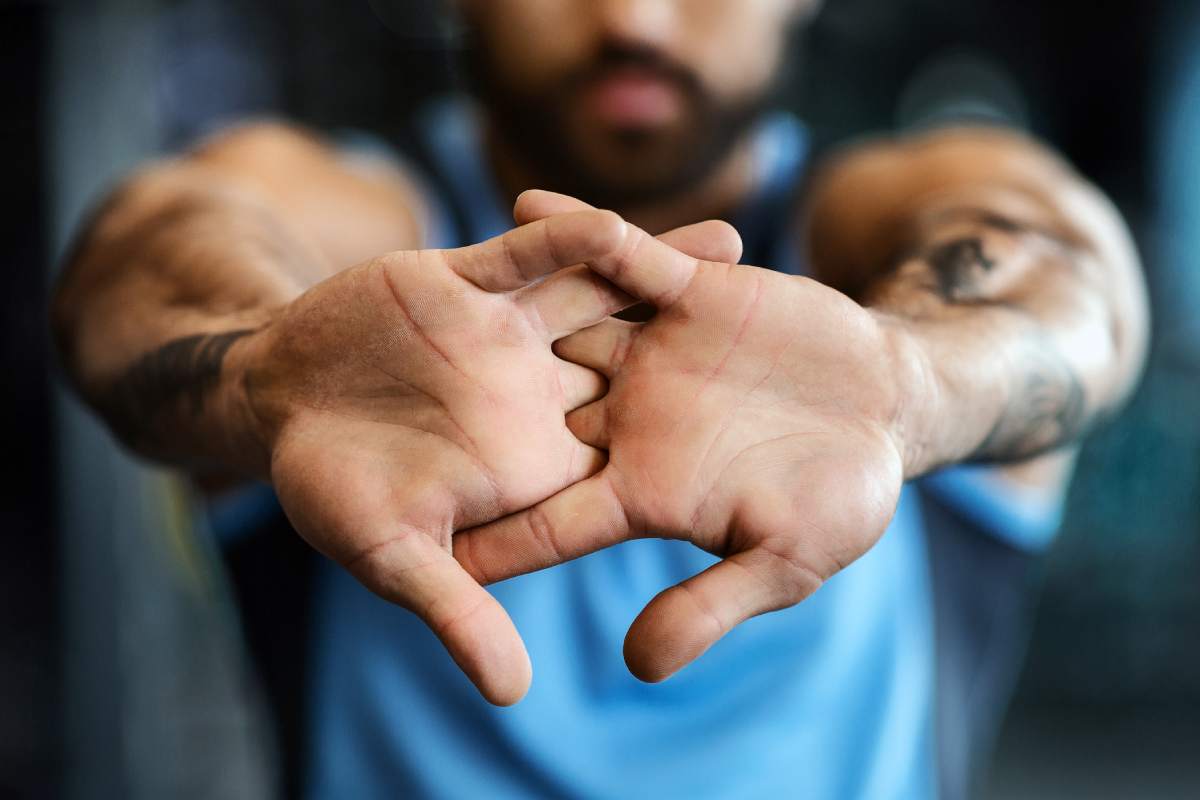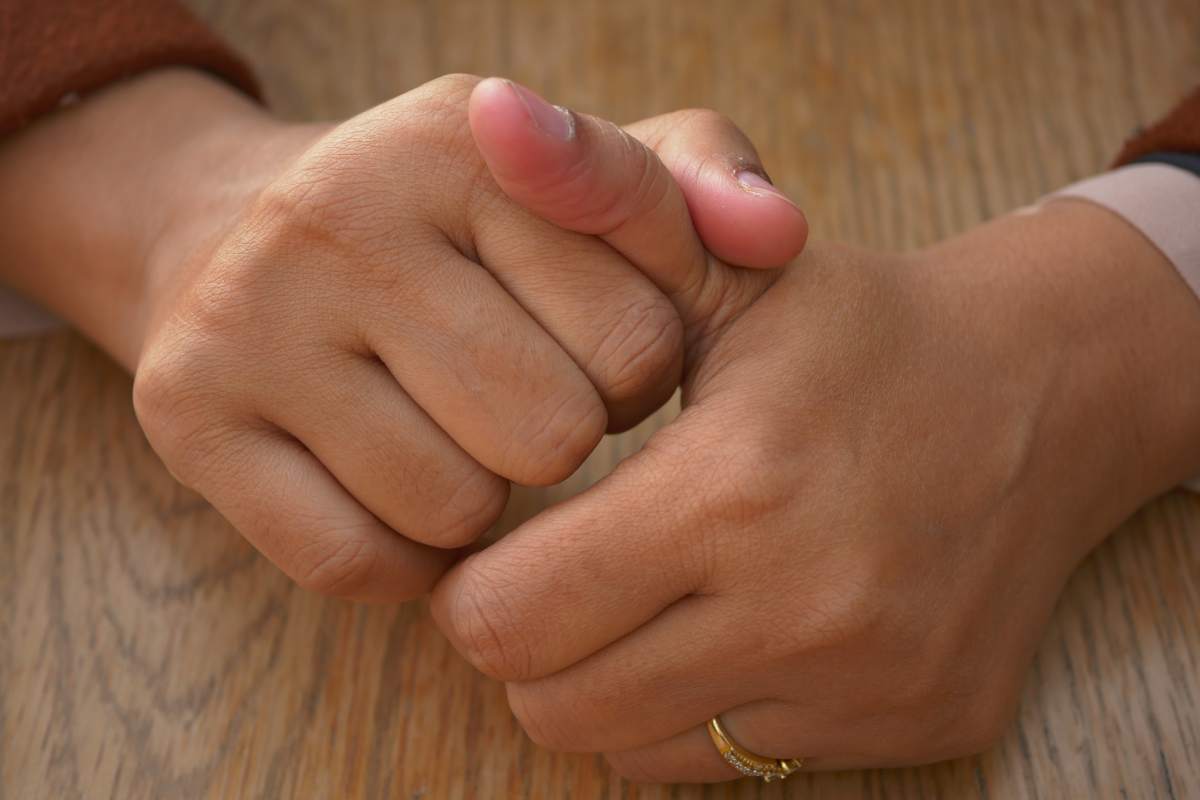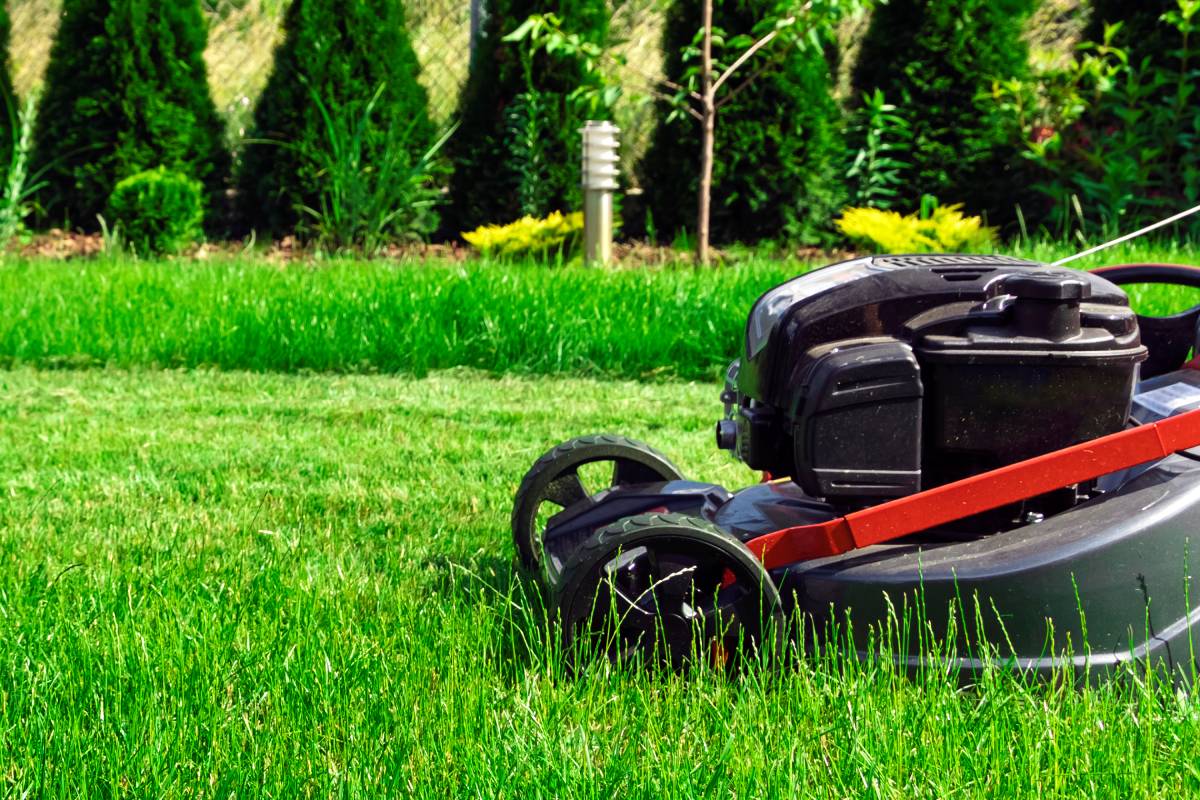Knuckle popping has been portrayed as a sign of intimidation in popular culture for decades. The association likely stems from movies, television shows, and other forms of media where characters pop their knuckles as a prelude to a confrontation or physical altercation. This gesture is often used to signal that someone is preparing for a fight or showing off their strength, suggesting a readiness to engage in a potentially aggressive or dominant action.
While in real life, people don’t usually crack their knuckles to intimidate others but a habit that many people share, often without giving it much thought.
But what exactly causes that familiar popping sound, and why do so many of us find ourselves doing it repeatedly? In this article, we’ll explore the science behind finger-popping, the reasons people crack their knuckles, and whether or not this habit has any side effects.
You may also read:
- Does running help you relieve back pain? What exercise is good for back pain? What exercise is to avoid when you have back pain?
- How often should you get a Thai massage? Can a Thai massage do damage? Why is Thai massage famous?
Why Do People Crack Their Knuckles?
Cracking knuckles is a common habit, with studies showing that as many as 54% of people do it. But why do people feel the urge to pop their knuckles? The reasons vary, and while the habit might seem simple, it can be surprisingly complex. Let’s explore some of the most common reasons people crack their knuckles.
1. The Sound
One of the most immediate reasons people crack their knuckles is because they enjoy the sound it makes. The sharp, popping noise can be oddly satisfying to some, almost like the auditory equivalent of popping bubble wrap. For many, the sound alone is reason enough to keep doing it.
2. The Sensation
Another reason people crack their knuckles is because of how it feels. Some believe that cracking their knuckles creates more space in the joint, relieving tension and increasing mobility. While it may feel like there’s more room in the joint after a good crack, there’s no scientific evidence to support this. The sensation of relief might be more psychological than physical, but it’s strong enough to keep people coming back for more.
3. Nervousness
Cracking knuckles can also be a nervous habit, much like twirling your hair, tapping your foot, or wringing your hands. When people are anxious or on edge, they often look for ways to keep their hands busy, and cracking knuckles can become a go-to activity. It’s a way to channel nervous energy into something physical, which might help to ease anxiety, even if only temporarily.
4. Stress Relief
For some, cracking knuckles is a way to release stress. When stress builds up, people often need an outlet to let off some steam. Cracking knuckles provides a quick, harmless diversion that can offer a momentary sense of release. It’s a small, controllable action in moments when everything else might feel overwhelming. The act of cracking knuckles can be a subconscious way to manage stress without causing any real damage.
5. Habit
Like many repetitive actions, cracking knuckles can easily turn into a habit. What starts as an occasional crack can quickly become something you do without even thinking about it. Once it becomes a habit, it’s tough to stop. You might find yourself cracking your knuckles several times a day, without even realizing it. In fact, those who crack their knuckles five times a day or more are often referred to as “habitual knuckle crackers.”
What Causes the Popping Sound in My Fingers?
Have you ever cracked your knuckles or stretched your fingers and heard that familiar popping sound? It’s a common experience, but many people wonder what actually causes it.
The truth is, the sound comes from a combination of factors involving the joints, the fluids around them, and the way your fingers move.
How Joints Work
To understand the popping sound, it’s helpful to know a bit about how joints function. Joints are where two bones meet, allowing them to move relative to each other. They’re held together by a capsule filled with a thick fluid called synovial fluid, which lubricates the joint and reduces friction, helping the bones move smoothly.
What Happens When You Crack Your Fingers?
When you crack your fingers, you’re pulling the bones apart slightly, which increases the space within the joint. This sudden increase in space reduces the pressure inside the joint, causing gases that were dissolved in the synovial fluid (mainly carbon dioxide) to form bubbles. The popping sound you hear is the result of these bubbles bursting.
This process is known as “cavitation,” and it’s completely natural. Once the bubbles have formed and burst, it takes a while for the gases to dissolve back into the fluid, which is why you usually can’t crack the same joint again immediately.
Is It Harmful?
Many people worry that cracking their fingers might be harmful or lead to conditions like arthritis. However, research has shown that this isn’t the case. Studies have found no direct link between habitual knuckle cracking and arthritis. In fact, the sound itself is just a byproduct of the normal functioning of your joints and doesn’t indicate any damage.
That said, if you experience pain when you crack your fingers, it’s worth paying attention. Pain could be a sign of an underlying issue with the joint, such as injury, inflammation, or another condition that might need medical attention.
Other Causes of Finger Popping
While cavitation is the most common cause of the popping sound, it’s not the only one. Sometimes, tendons or ligaments in your fingers can make a popping or snapping noise when they move over the bones. This can happen when the tendons shift position quickly, especially if they’re tight or if the joint is inflamed. This type of popping is more likely to be accompanied by discomfort or pain.
In some cases, finger-popping can be a sign of a more serious condition like “trigger finger,” where a finger gets stuck in a bent position and then suddenly straightens with a pop. This condition is often painful and can require medical treatment, such as splinting, physical therapy, or even surgery in severe cases.









